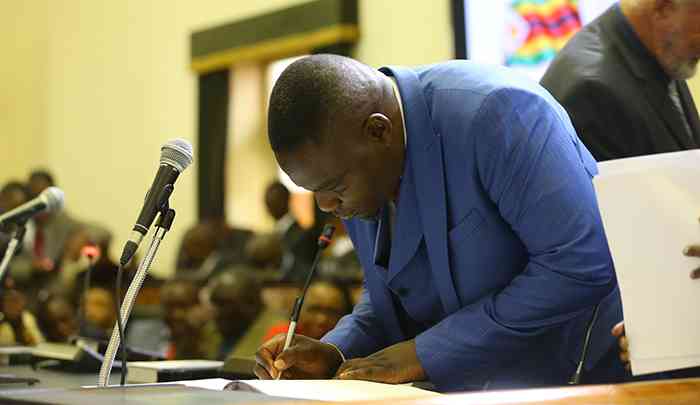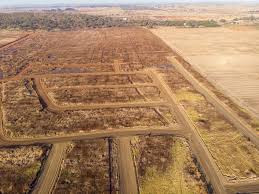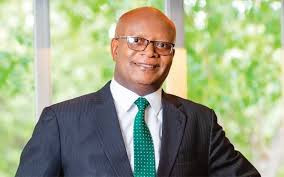
CITIZENS Coalition for Change (CCC) Kuwadzana East legislator Chalton Hwende has condemned the implementation of anti-people measures that seek to widen the gap between the rich and the poor by the President Emmerson Mnangagwa’s government.
Finance, Economic Development and Investments Promotion minister Mthuli Ncube announced in his 2024 budget presentation that manufacturers will now be required to sell goods to formally registered traders only.
Ncube said the measures would restore the trading structure, where the bulk of goods were retailed through the formal sector to contribute to the fiscus and to improve domestic resource mobilisation with effect from January 1, 2024.
He said licensed and tax-compliant operators would procure goods from manufacturers and wholesalers, adding that value-added tax (Vat) registered traders in possession of clearance certificates would be eligible to procure goods from manufacturers.
However, Hwende said the move would only fast-track the destruction of the informal sector.
“Another anti-people measure targeting the poor. A significant proportion of the general dealers, bottlestores and tuck shops are not registered for Vat,” he said.
“The informal traders (largely the trolley vendors, account for a significant amount of the sales and the requirement for Vat registration will affect thousands of small-scale traders.”
Hwende said the formal channels such as the modern supermarkets and wholesalers had no capacity to fully service the market.
- Chamisa party defiant after ban
- Village Rhapsody: How Zimbabwe can improve governance
- News in depth: Partisan police force persecutes opposition, shields Zanu PF rogue elements
- Chamisa chilling death threat bishop defiant
Keep Reading
“This will also favour illicit imports from neighbouring countries. Wholesalers … will be forced out of business. It is noted that where the manufacturer sells to a vendor that is not registered for Vat, it means that output tax charged becomes the final amount accruing to the fiscus and the vendor will not claim the output tax charged by the manufacturer as an input tax,” he said.
Hwende said CCC firmly believed that the informalisation of the economy could not be halted by forcing traders to be registered for Vat.
“This is only a manifestation of structural issues in the economy. The broader issues affecting the country like lack of confidence that resulted from the disputed election must be addressed.
“A dialogue with president Nelson Chamisa who won the disputed elections centring on comprehensive constitutional, electoral and economic reforms must be pursued,” he said.
The Zimbabwe Electoral Commission declared President Emmerson Mnangagwa as the winner of the presidential vote after garnering 52,6% of the total votes against Chamisa’ 44%.
Meanwhile, Zimbabwe Chamber of Informal Economy secretary-general Wisbon Malaya said the measures would promote poverty as the majority of Zimbabwean workers were in the informal economy.
“Zimbabwe needs a pro-poor policy approach if we want to attain the National Development Strategy1 and the 2030 agenda. We need consultative engagements to share ideas on how the Finance minister can collect revenue from the informal sector without criminalising and excluding them from the system,” Malaya said.










